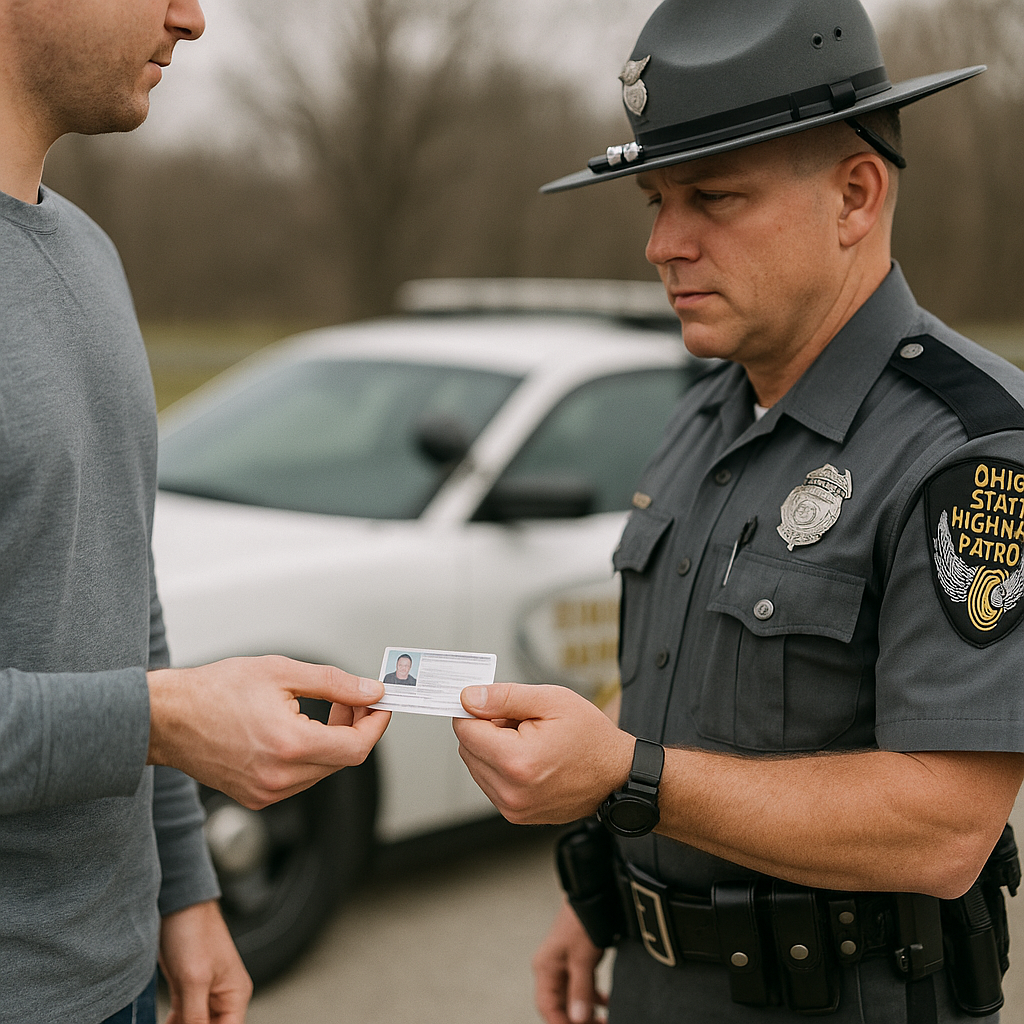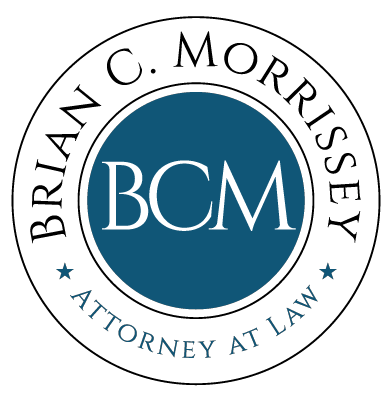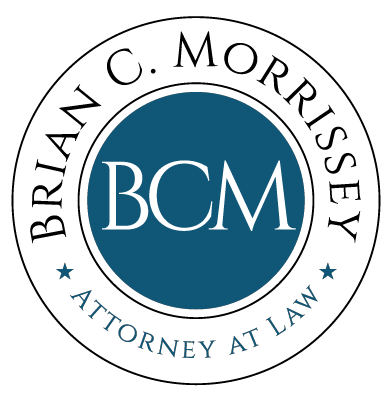You have the right to remain silent
Why remaining silent is often the best thing you can do.

“You Have the Right to Remain Silent—But There’s More to It Than That”
Introduction
“You have the right to remain silent” is a familiar phrase from TV crime dramas like Law & Order. Most people believe it means you don’t have to speak to the police. But in Ohio, that understanding isn’t entirely accurate.
1. The Right to Remain Silent Isn’t Absolute in Ohio
In Ohio, the right to remain silent—like other constitutional rights—has limits. You can’t use free speech to:
- Threaten others
- Yell “fire” in a crowded theater without cause
- Provide false identifying information to law enforcement
2. When Police Have Reasonable Suspicion — You Must ID Yourself
If an officer has reasonable suspicion of criminal activity, Ohio law requires you to identify yourself—typically your name or other valid ID. Although TV and movies suggest otherwise, refusing to comply may result in criminal charges. Beyond giving your identifiers so the police can ascertain who you are, you have the right to remain silent and answer no further questions.
3. Why Police Need Your Identifying Information
Identifying suspects early helps officers:
- Check for active warrants
- Assess an individual’s background or criminal history
- Determine the scope of their investigation
4. After You ID Yourself—You Can Remain Silent
Once you've provided valid identifying information, you are under no legal obligation to speak further—even if the police want you to. Remaining silent is often wise unless you know the investigation's purpose and scope—talking without clear understanding can be risky.
5. When Staying Silent Might Make Sense—and Why It’s Okay
Deciding not to speak beyond identifying yourself can protect your rights. An uncooperative stance may frustrate officers, but it’s legally permissible and may serve as a safeguard—especially if you're unsure of what’s at stake.
Need clarity on your rights or what to do next? Contact Brian C. Morrissey, Attorney at Law, for a free consultation at 419-830-7441.


